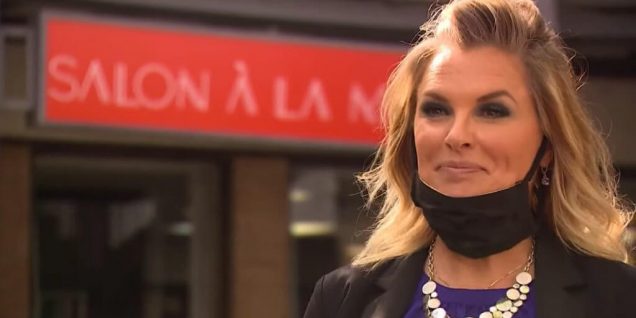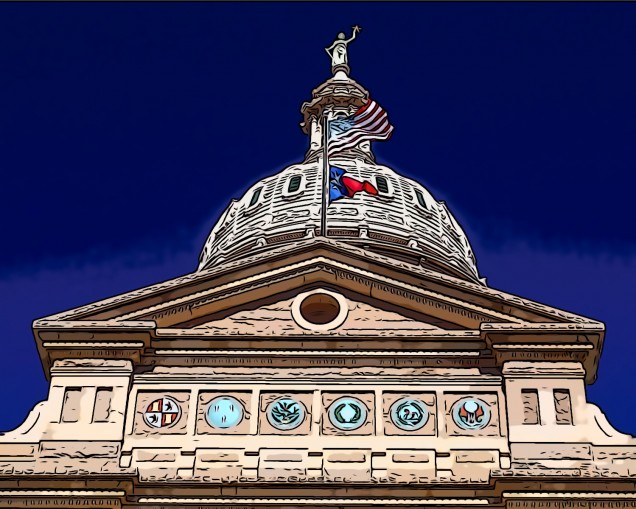Checks & Balances in a Pandemic
Recently, Shelley Luther, a Dallas based hair salon owner was jailed for refusing to close down her salon. The owner of Salon à la Mode continued operating her business despite a temporary restraining order last week from Dallas County State District Judge Eric Moyé. She continued operating despite a county official’s cease-and-desist letter ordering her to close.
As Luther faced criminal and civil contempt-of-court charges, Judge Moyé told Luther to admit her actions were selfish and wrong and promise that she would follow the law. CBS DFW reported that Luther refused responding,
“I have to disagree with you, sir, when you say that I’m selfish, because feeding my kids is not selfish. I have hair stylists that are going hungry because they’d rather feed their kids. So, sir, if you think the law is more important than kids getting fed, then please go ahead with your decision, but I am not going to shut down the salon.”
This answer did not please Judge Moyé, who immediately sentenced Luther to seven days in jail. Luther was not given an opportunity to go home or even have a phone call, if it hadn’t had been for her boyfriend her adolescent daughter would not have understood why her mother didn’t come home that night.
During the COVID-19 Coronavirus Pandemic, officials have agreed that jail is a breeding ground for the virus. In order to best protect the people, officials have quickly worked to release many non-violent prisoners for the sake of their health. Dallas county specifically released 1,000 inmates to ease crowding in the hopes to slow the spread of COVID-19 at the Dallas County jail. At a time where officials are releasing prisoners, I find it inappropriate to make an example of Luther by throwing her in jail. Not only was this action a risk to her health, but a risk to her family and those exposed to her when she would be released a week later. Additionally, if Luther had been asymptomatic there was a risk that she herself could have brought the virus into the prison.
Furthermore, Dallas County District Attorney John Creuzot announced policy reforms plans to end mass incarceration in Dallas by decreasing the use of excessively high bail amounts, no longer prosecuting most first-time marijuana offenses and not prosecuting thefts of personal items under $750 that are stolen out of necessity. These policy reforms were established to decrease the number of incoming prisoners. Again, at a time where officials are fighting to decrease prison populations, Moyé’s actions neglected to consider the bigger picture. A better alternative would have been a fine for each day she was in operation, with the money allocated to benefiting the community.
Due to public outcry, Gov. Greg Abbott modified his executive orders to remove confinement as a consequence for violating them. He stated:
“Throwing Texans in jail who have had their businesses shut down through no fault of their own is nonsensical, and I will not allow it to happen,” Abbott said in a statement Thursday. “That is why I am modifying my executive orders to ensure confinement is not a punishment for violating an order.”
His change supersedes local orders and Luther was subsequently released. Luther was fined $7,000 for violating a temporary restraining order against reopening her business. However, Lt. Gov. Dan Patrick pledged to step up and pay the fine on her behalf.
The COVID-19 Coronavirus is an unprecedented time in our nation’s history, with legislators unsure how to best regulate protective measures. State legislators have gained an enormous power with COVID-19 Coronavirus. Without a doubt aggressive government intervention has occurred during this health crisis. Historically, pandemics have led to an expansion of the power of the state. Looking towards the future, legislators will have to work to strike a balance between protective regulations and domineering policies.
 Diana Alexandra Martinez anticipates graduating from Boston University School of Law in May 2021.
Diana Alexandra Martinez anticipates graduating from Boston University School of Law in May 2021.



